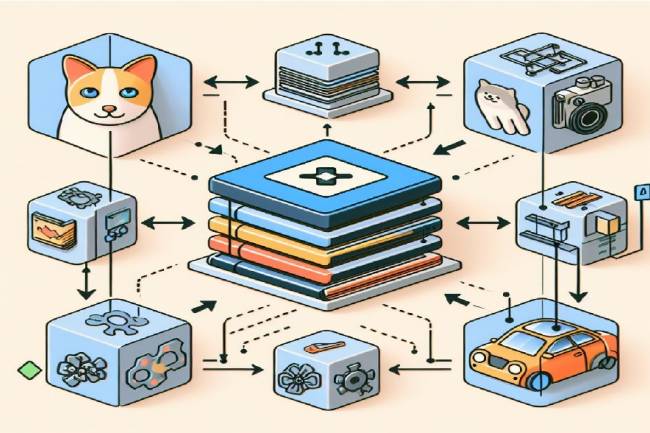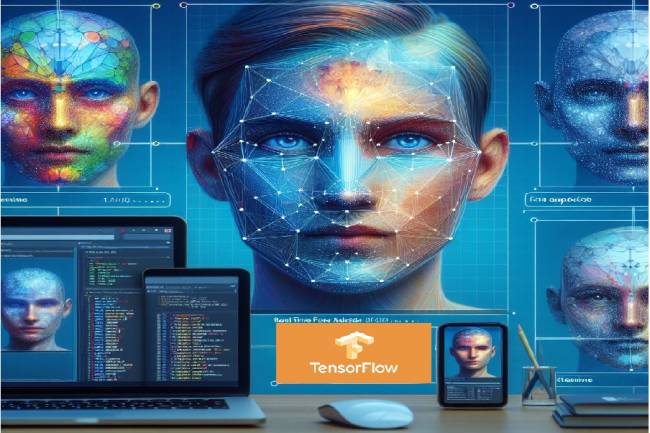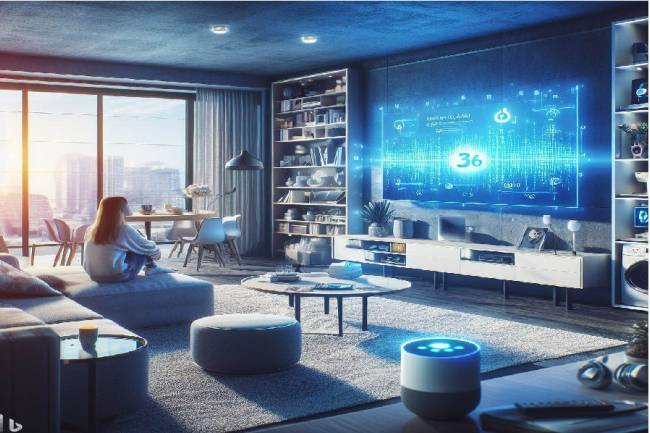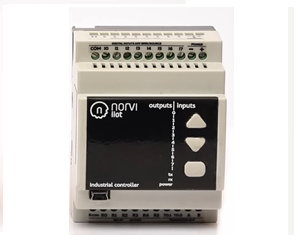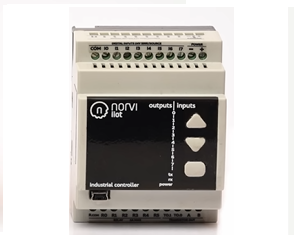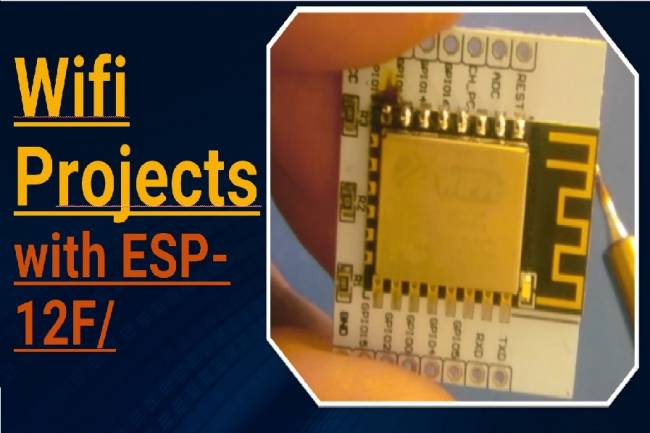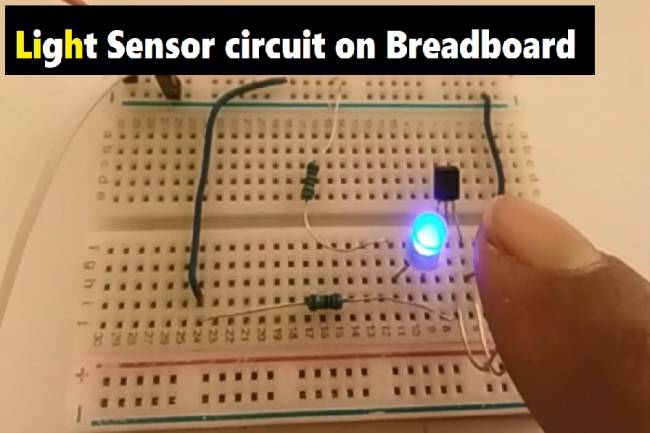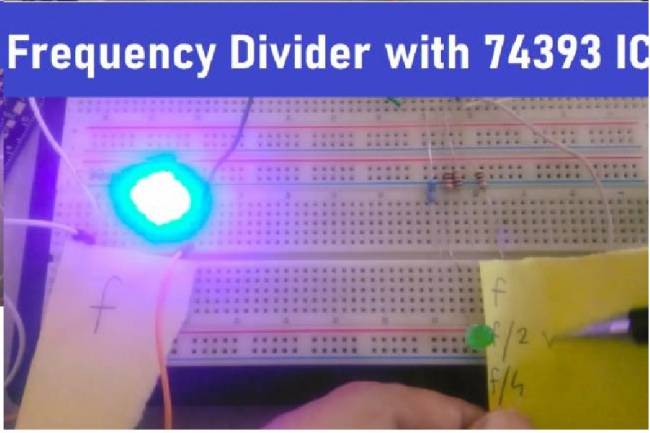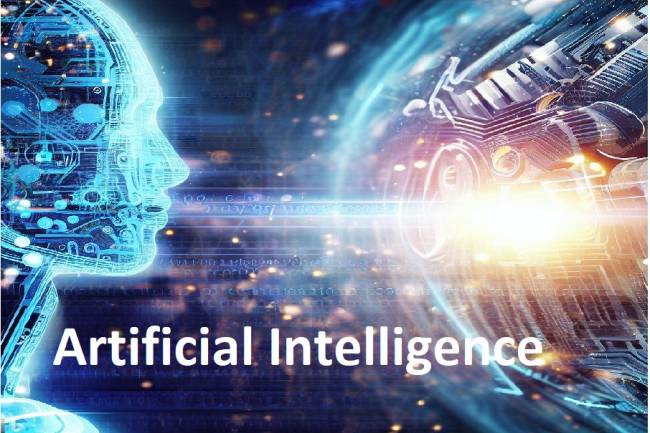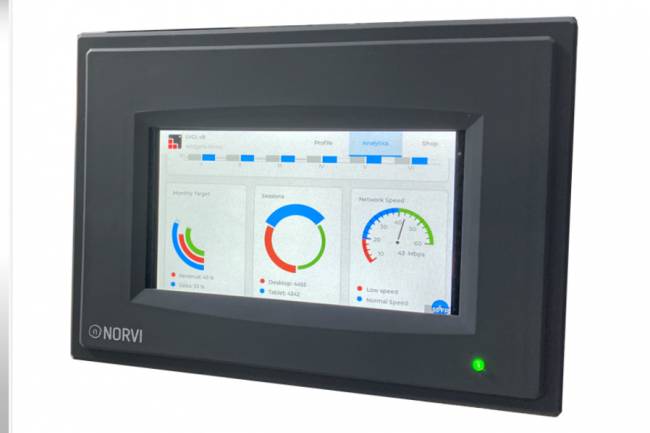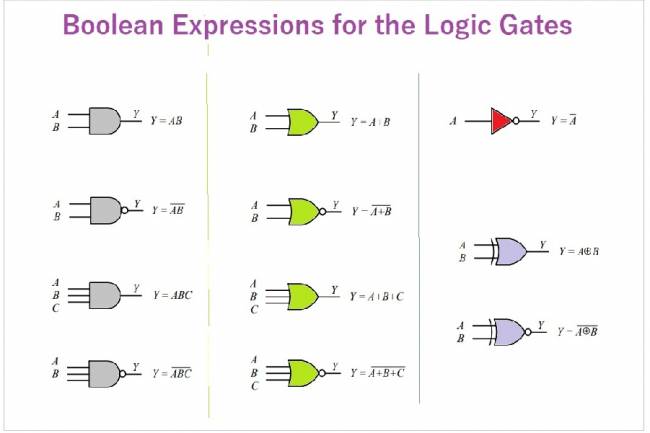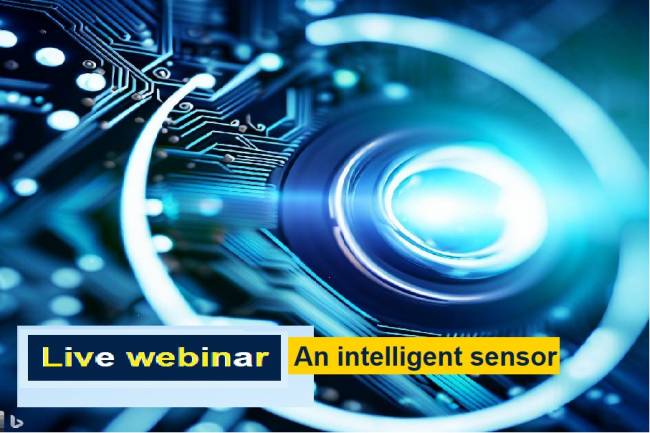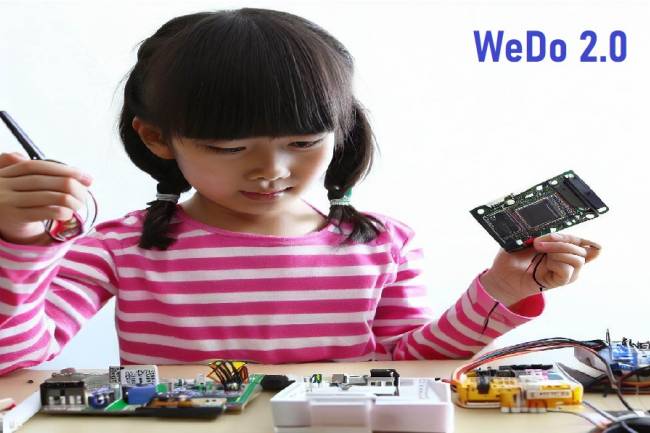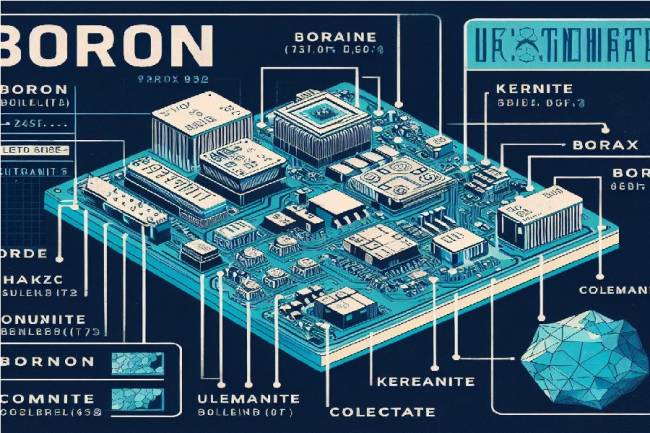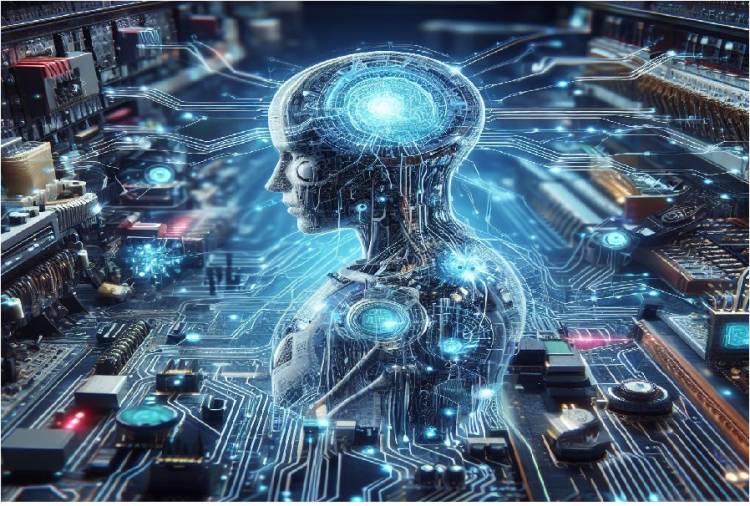
Artificial Intelligence in the Electronics Industry: Job Opportunities of the Future
Today, artificial intelligence brings a great revolution to the electronics industry, and with this change, new career opportunities emerge. Electronic devices, internet of things (IoT) and automation fields are becoming smarter and more effective with innovations supported by artificial intelligence. Artificial intelligence plays a major role in data analysis, automation, security and many more in these sectors.
In this article, we will examine future career opportunities, focusing on the effects of artificial intelligence in the electronics industry. The electronics industry is becoming an important player in producing more efficient and smart products and systems by taking advantage of the rapidly developing capabilities of artificial intelligence. Here are some exciting jobs that artificial intelligence can create in the electronics industry and examples of these jobs.
Artificial Intelligence Engineer:
An engineer who develops artificial intelligence-based image recognition systems.
An engineer who creates voice assistants for smart home devices.
An engineer who designs driverless technology for autonomous vehicles.
Data Scientist:
A data scientist who understands user behavior by analyzing large datasets from smartphones.
A data scientist who optimizes energy consumption by processing data collected by IoT devices.
A healthcare data scientist who helps diagnose diseases by reviewing electronic health records.
IoT (Internet of Things) Expert:
An IoT expert who designs traffic monitoring systems used in smart city projects.
An expert developing energy efficiency solutions for industrial IoT devices.
An expert who creates IoT security systems used to secure smart homes.
Automation Engineer:
An automation engineer who optimizes production processes by collaborating with robots in production facilities.
An automation engineer working with drones and autonomous tractors in smart agriculture applications.
An engineer who develops traffic management and transportation automation in smart cities.
Artificial Intelligence Consultant:
A consultant providing AI-based customer behavior analysis strategies to a retail company.
An expert who provides consultancy to a hospital management in the healthcare sector on optimizing patient appointments with artificial intelligence.
A consultant who recommends AI-based learning solutions to an educational institution to improve student performance.
Ethical AI Expert:
An expert working in an artificial intelligence company on the development and supervision of algorithms that comply with ethical principles.
A consultant who ensures the ethical management of the use of artificial intelligence in public institutions.
An expert who establishes ethical guidelines to protect the privacy and security of electronic health records.
Robot Designer:
An engineer who creates custom designs for service robots, industrial robots, or educational robots.
An expert who leads design and engineering efforts for intelligent surgical robots.
A designer who designs custom visual perception systems for assistive robots used in the home.
Artificial Intelligence Security Expert:
An expert ensuring cybersecurity of smart home devices and IoT networks.
A security expert who audits financial institutions' AI-based fraud detection systems.
An expert who develops artificial intelligence-based cybersecurity strategies to protect the security and privacy of electronic health records.
The number of profession types that we give examples under different headings may also vary depending on economic sectors. If we just elaborate "Robot Design" further, it may lead to the emergence of different robot design professions. Since each industry has its own requirements, robots must be designed to perform industry-specific tasks. Here are some examples where different robot design professions can emerge in this context:
Agricultural Robot Designer:
Engineers who undertake the design of customized agricultural robots for the agricultural sector.
Experts developing agricultural robots with plant recognition and harvesting capabilities.
Engineers designing autonomous agricultural machines that collect and analyze agricultural data.
Healthcare Robot Designer:
Engineers who design medical robots used in hospitals and healthcare institutions.
Experts who design special robots for surgical robots, patient care robots and rehabilitation devices.
Engineers who manage health data and ensure that robots used in patient care operate effectively.
Construction Robot Designer:
Engineers who design autonomous construction machines for the construction industry.
Experts who develop construction robots that optimize building construction, demolition and construction processes.
Engineers design robots for moving, placing and assembling construction materials.
Maritime and Marine Robot Designer:
Marine engineers who design robots for undersea exploration and maritime applications.
Experts who design robots used for ocean observation, subsea drilling and marine biology research.
Engineers developing robot designs for maritime safety, submarine mapping and rescue operations.
These examples show that professions specializing in robot design can emerge in accordance with the needs of different sectors. While robot technologies contribute to the development of economic sectors, they increase the importance of applications and robot designs specific to these sectors.



